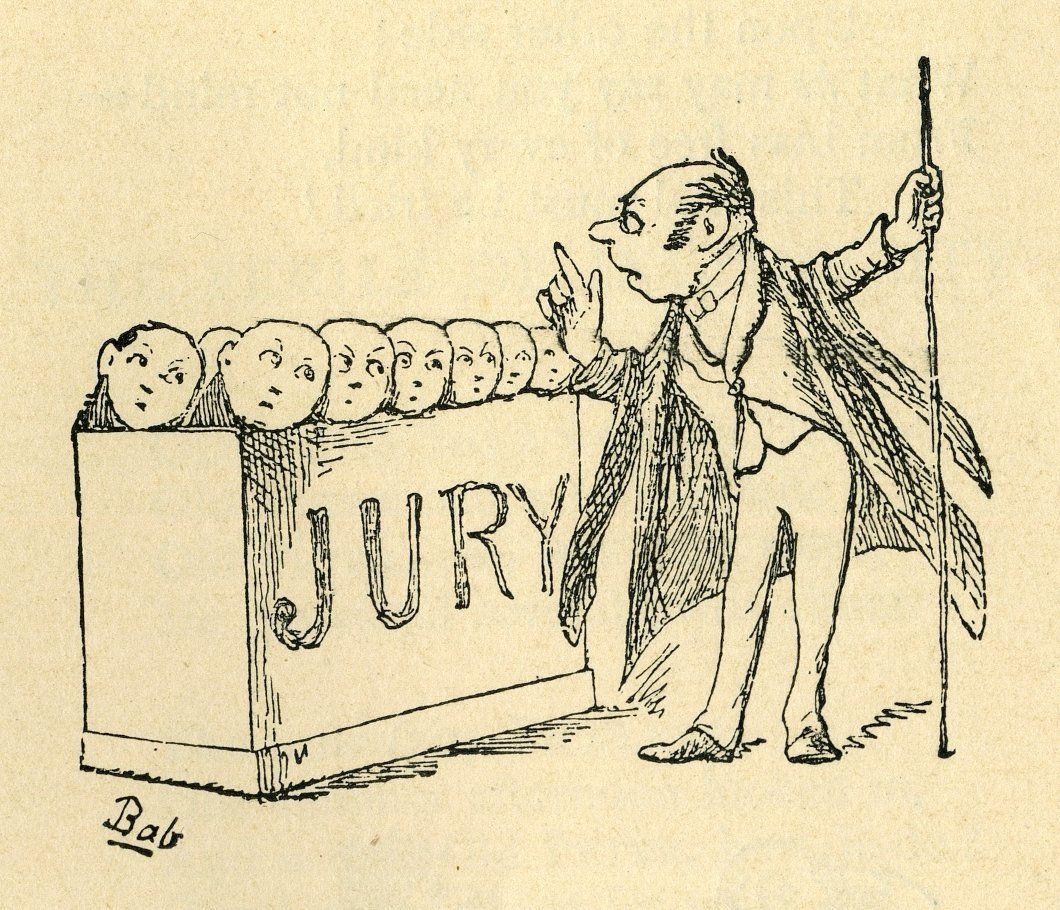Understanding the Wage Theft Prevention Act
New York's Wage Theft Prevention Act
The Wage Theft Prevention Act (WTPA) aimed at protecting employees' rights and deterring wage theft. As an employee, it is essential to be aware of the provisions of this act to ensure you receive fair compensation for your work.
What is the Wage Theft Prevention Act?
The Wage Theft Prevention Act was enacted in 2010 by the New York State Legislature to address the prevalent issue of wage theft, which refers to the illegal withholding of wages or the failure to pay employees the full amount they are owed. This act strengthens the existing labor laws and provides additional protection for workers in New York.
Key Provisions of the Wage Theft Prevention Act
The WTPA introduced several provisions to combat wage theft, exploitation of employees, and ensure that employees receive proper compensation. Employers can face stiff penalties for failing to comply with the WTPA.
Wage Notices
Under the WTPA, employers are required to provide employees with a written notice at the time of hiring. This notice must include specific details, such as the rate of pay, regular payday, and any allowances or deductions that will be made from the wages. The notice must be provided in the employee's primary language, and both the employer and employee must keep a copy of the notice for at least six years. Failure to provide this notice can result in a $5,000 recovery for an employee.
Pay Statements
Employers must also furnish employees with regular pay statements, either electronically or in writing, that include detailed information about the hours worked, rate of pay, overtime rate of pay, gross and net wages, and any deductions made. Pay statements should be provided each pay period and must be in an understandable format. Failure to provide this paystub can result in a $5,000 recovery for an employee.
Recordkeeping Requirements
The WTPA emphasizes the importance of maintaining accurate records related to employee wages, hours worked, and other relevant information. Employers must keep records for at least six years and make them available to employees upon request. These records are vital in case of any disputes regarding wage payments.
Penalties for Non-Compliance
Aside from penalties of $5,000 per violation per employee, violators must pay the employee’s counsel fees, and may even face criminal charges. By holding employers accountable, the WTPA aims to deter wage theft practices and ensure fair treatment of employees.
Conclusion
New York's Wage Theft Prevention Act is a vital piece of legislation designed to combat wage theft and protect employees' rights. By familiarizing yourself with the provisions of this act, you can ensure that you receive fair compensation for your work and take necessary action if your rights are violated. Remember, knowledge is power, and understanding your rights as an employee is crucial in maintaining a fair and just work environment.
If you have concerns about wage theft or believe your employer is not complying with the Wage Theft Prevention Act, please contact Employment Attorney Raymond Nardo who can guide you through the legal process and help you secure the compensation you deserve.










